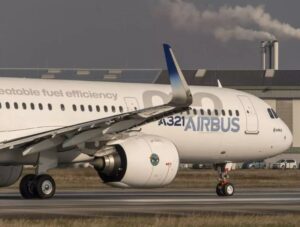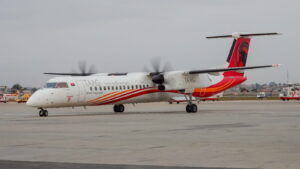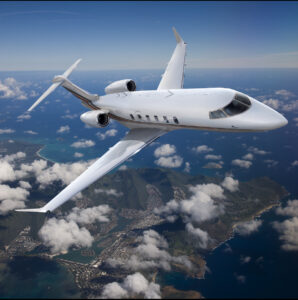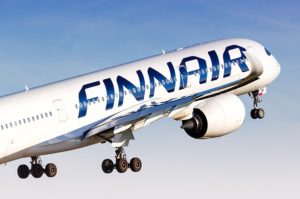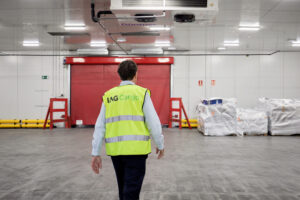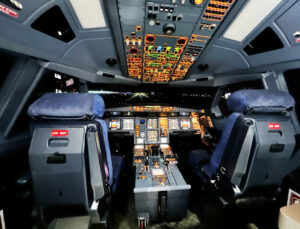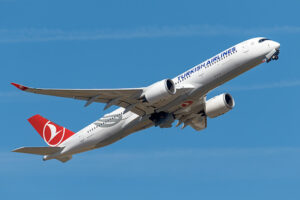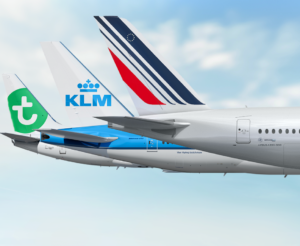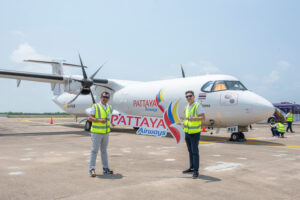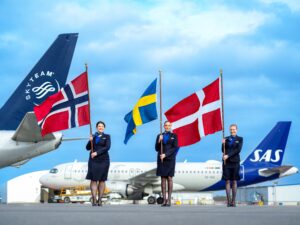Plane manufacturer ATR (Aerei da Trasporto Regionale or Avions de Transport Régional), the equal-partnership joint venture between France’s Airbus and Italy’s Leonardo, based in Toulouse, France has announced its projections for the future demand of its turboprop commercial aircraft.
At a value in excess of US$80 billion, the projected demand exceeds 3,000 new turboprop planes over the next twenty years, seeing this sector of the market looking very healthy. ATR specializes in turboprop planes with a seat capacity below 90 passengers.
The plane manufacturer has put growing regional connectivity at the basis for its positive outlook, estimating that over the next 20 years 2,770 new routes will be created and that 30% of regional traffic will come from routes which do not currently exist.
In the 2018-2037 market forecast, nearly 80% (2,390 aircraft) of the total demand is expected to come from the 61-80 seat category, a market segment served for years by the ATR 72. The remaining 20% (630 aircraft) will come from the 40-60 seat market, a segment where the ATR 42, the only 50-seat aircraft available new on the market, provides strong potential for the up-gage of 30-seat, and the replacement of 50-seat, regional aircraft.
Beyond passenger aircraft, ATR estimates that the increase of freight traffic will generate a potential for the delivery of 460 turboprop freighters over the next two decades. This includes converted aircraft as well as the recently launched ATR 72-600F, the only regional cargo aircraft available straight from factory.
According to ATR, turboprops operate half of the flights below 330nm all over the world, the most fuel-efficient solution for short-hauls. ATR aircraft are particularly reputed for their eco-efficiency, featuring a fuel consumption of up to 45% less than regional jets and 30% less than competing turboprops.
ATR also indicated that turboprops are key in connecting communities around the world with 36% of all commercial airports relying exclusively on turboprops and 50% relying, also exclusively, on regional aircraft.


